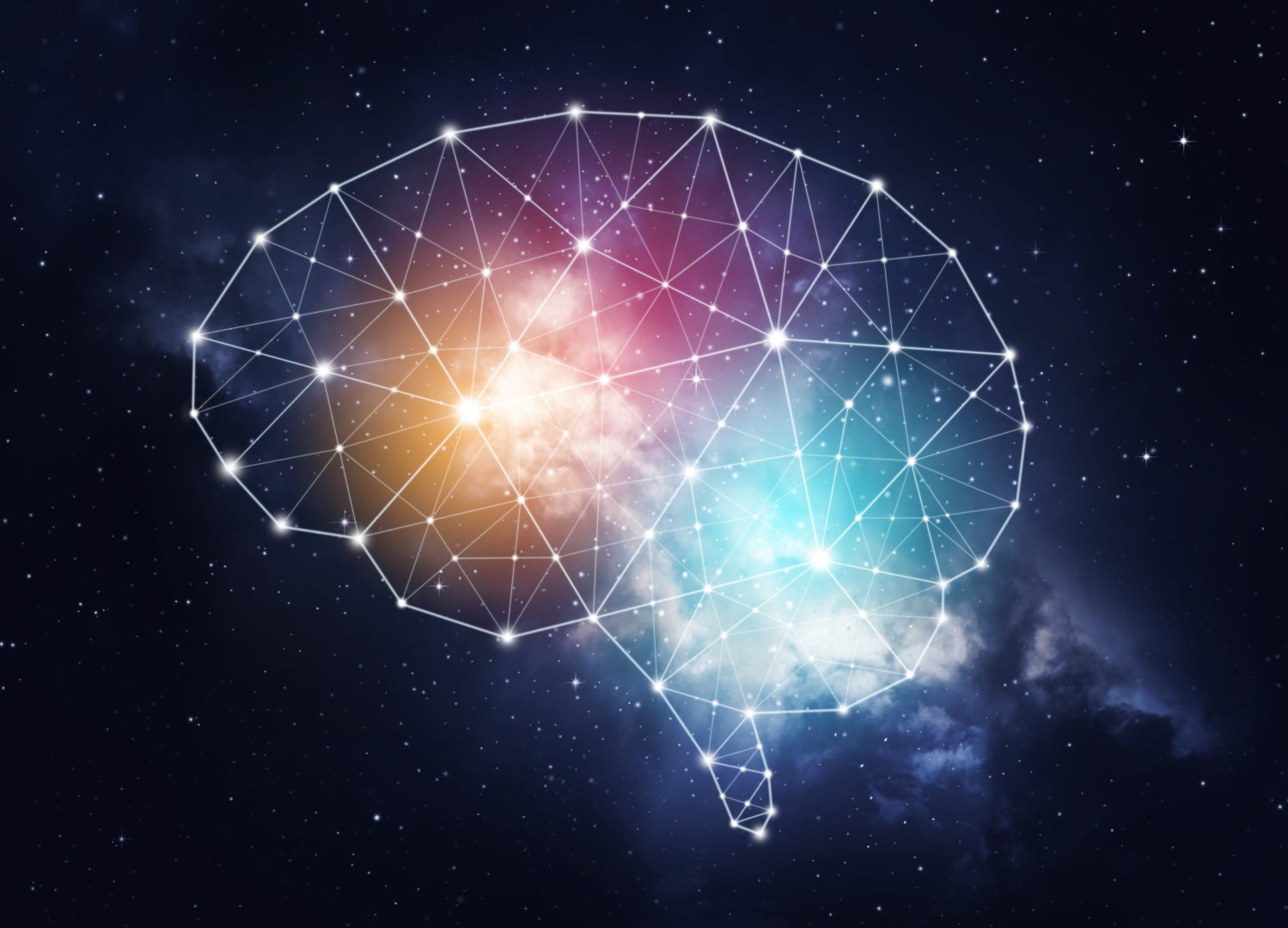A02 Research on deep generative models based on the free energy principle
In recent years, remarkable progress has been made in artificial intelligence based on deep learning. However, when considering the goal of achieving human-like intelligence, it is necessary to prepare a large amount of data in advance manually, and there is also a challenge in that only one-directional correspondence between input and output is learned. On the other hand, the free energy principle, which is focused on in the field of neuroscience, can capture the inference, behavior, and learning of organisms in the same framework, and naturally leads to active information processing through interaction with the external world. Still, large-scale and diverse observations have not been verified.
In this study, we propose inference, behavior, and learning methods based on the free energy principle that handles large-scale observations using deep generative models. This study aims to achieve human-like intelligence that actively performs inference and learning while interacting with a large-scale environment. In addition, we aim to elucidate intelligence through a compositional approach by learning the designed deep generative models from large-scale human neural activity data and comparing them with human brain activity and cognitive activity. This study is considered a top-down approach to establish a “unified theory of prediction and action,” which is the goal of the entire research field, by introducing hypotheses about intelligence structure in the form of designing deep generative models and performing learning and inference with free energy as the objective function.



